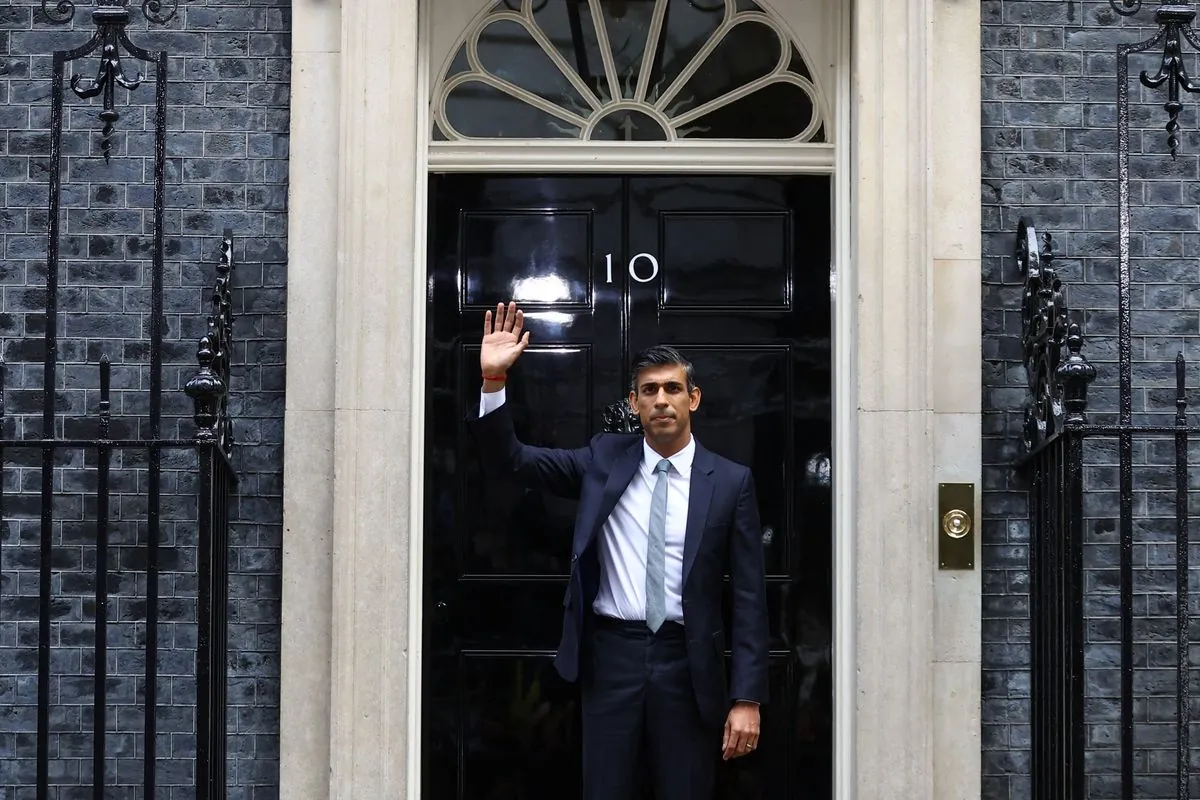New UK Government Faces Criticism Over Pensioner Benefit Cuts
Labour's decision to means-test winter fuel payments sparks controversy. Public disillusionment grows as government grapples with financial challenges and prepares for a potentially difficult October budget.

The newly formed UK government is facing swift public backlash over its decision to means-test winter fuel payments for pensioners. This move, not included in their election manifesto, has been perceived as a betrayal by many Labour voters and has raised concerns about the government's commitment to restoring trust in politics.
Sir Keir Starmer's administration, which came to power promising change, is now grappling with the challenges of governing amidst a swollen national debt and economic pressures. The UK's national debt reached £2.3 trillion in 2023, exacerbated by pandemic-related spending and the energy crisis.
The decision to means-test the winter fuel payment, introduced in 1997, has been particularly contentious. Age UK, a charity formed in 2009, warns that this change could push 2 million pensioners into hardship this winter. Critics argue that the assumption of widespread pensioner affluence is misguided, as many rely primarily on the state pension, which has its roots in the 1908 legislation.

The government's justification for this policy shift includes the need to fund inflation-busting pay awards for public sector workers. However, this explanation has done little to quell the growing discontent among affected pensioners and their advocates.
Sir Keir Starmer and Chancellor Rachel Reeves have cited a £22 billion "black hole" in public finances as the reason for these difficult decisions. However, critics argue that this shortfall is largely due to the new government's own choices, including settlements with public sector unions and changes to asylum seeker policies.
The upcoming October budget is expected to introduce further measures to address the UK's financial challenges. Speculation is rife about potential increases in inheritance tax, capital gains tax, and changes to pension taxation. The current inheritance tax rate stands at 40% above a £325,000 threshold, and any changes to this could have significant implications for wealth transfer between generations.
"Things can only get worse before they get better."
This statement from Sir Keir Starmer has done little to inspire confidence, instead fueling concerns about the potential for more broken promises and difficult decisions ahead.
The roots of the UK's current financial predicament can be traced back to the Blair/Brown years and the 2008 financial crisis, which led to a recession lasting five quarters. The economy and public finances have struggled to fully recover since then, with the COVID-19 pandemic causing a 9.3% GDP contraction in 2020 and necessitating £376 billion in government spending on related measures.
As the government prepares for what promises to be a challenging budget, many are questioning whether Sir Keir Starmer's administration can deliver on its promises of economic growth while navigating the complex landscape of public finances, welfare spending, and taxation. The UK's tax burden has already reached a 70-year high, and welfare spending stood at £243 billion in 2022-23, leaving limited room for maneuver.
The winter fuel payment controversy may be just the beginning of a series of difficult decisions and potential policy reversals. As the government attempts to balance its books and stimulate growth, it faces the daunting task of managing public expectations and maintaining political support in an increasingly skeptical climate.


































